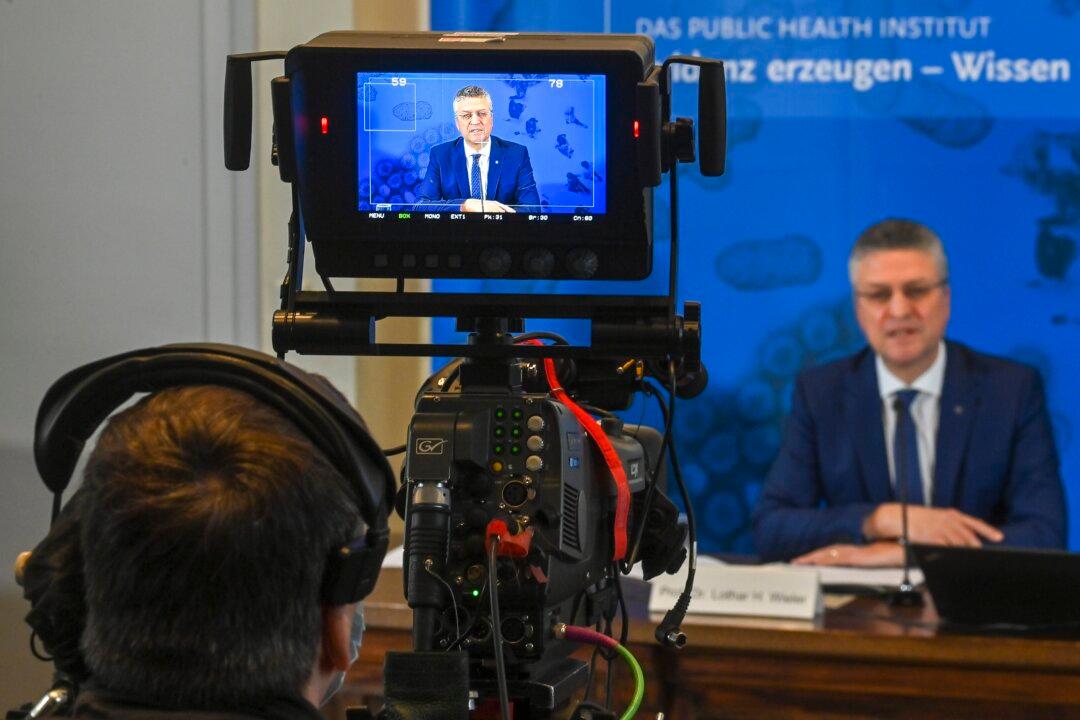Germany has too many loopholes in its coronavirus lockdown rules, the head of the country’s disease control agency said as figures published Thursday showed the highest number of daily deaths since the start of the pandemic.
The Robert Koch Institute said 1,244 deaths from COVID-19 were confirmed in one day up to Thursday, taking the total number to 43,881. There were also 25,164 newly confirmed cases, putting Germany’s total known infections close to 2 million.





